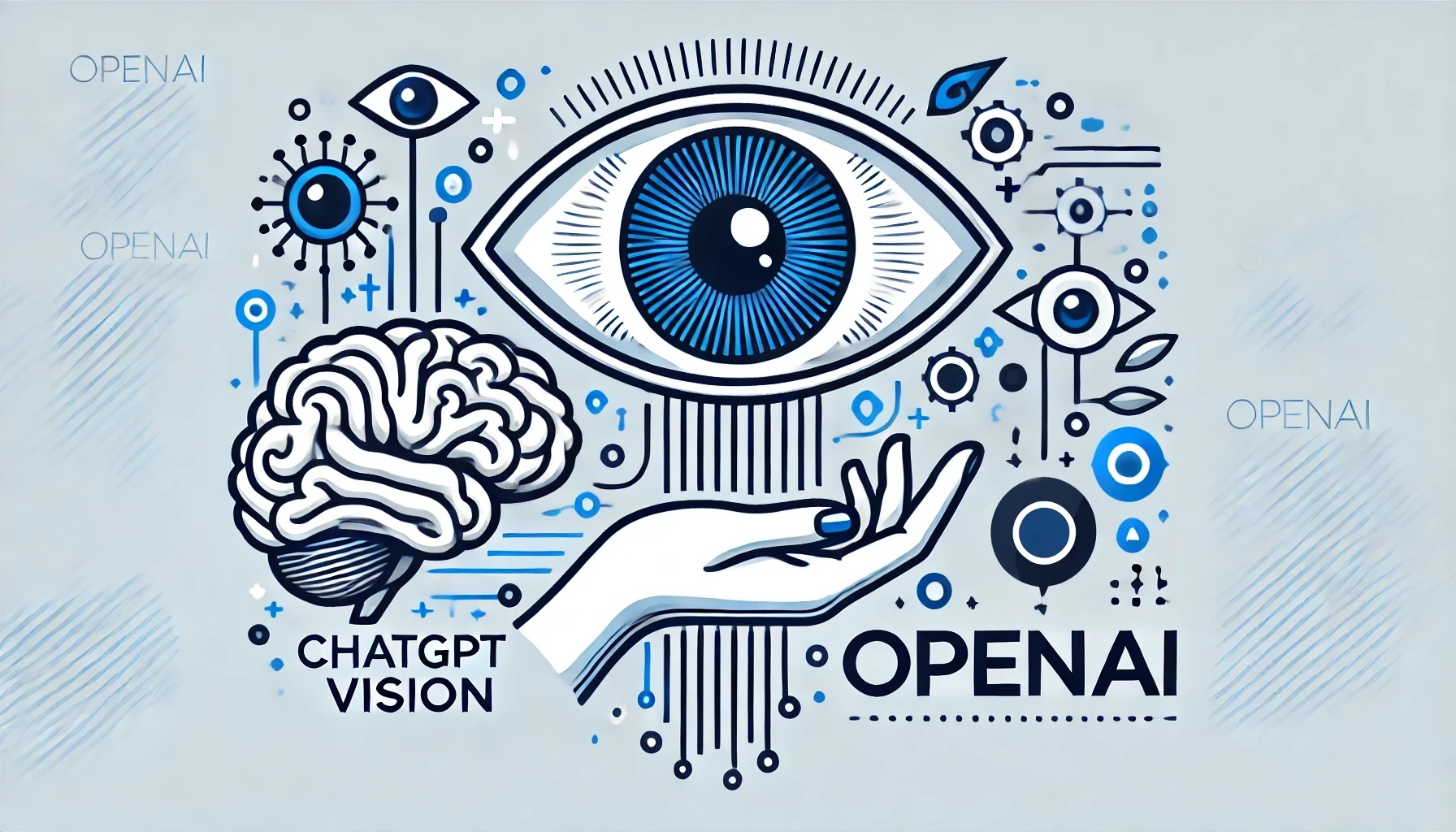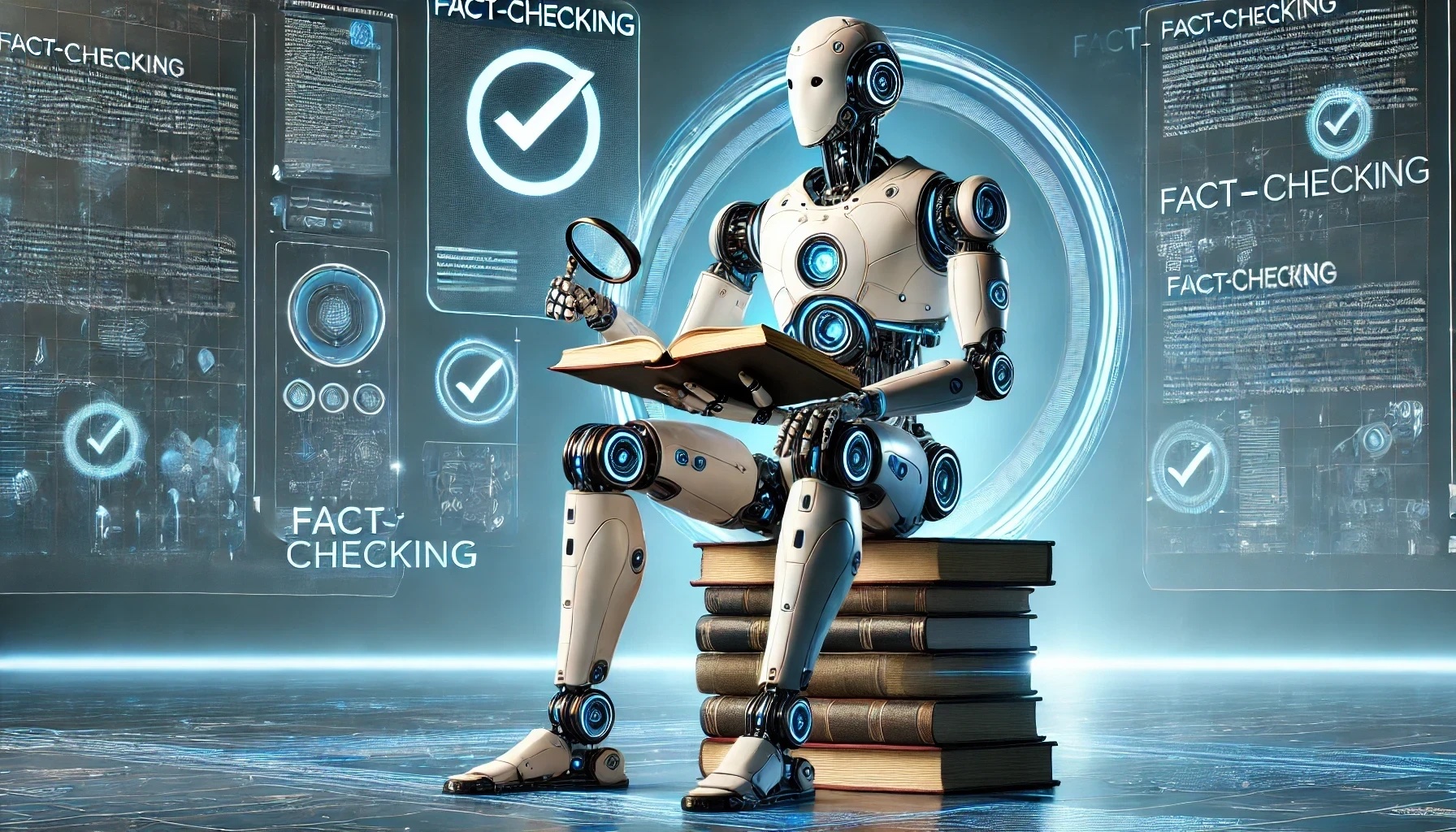Ever wish you could read someone like a book, knowing instantly whether they’re telling the truth or spinning a tall tale? Thanks to rapid advancements in artificial intelligence, that sci-fi fantasy might soon become a reality. AI lie detectors are here, and they’re set to change the way we perceive trust, honesty, and deception.
AI Lie Detector: Unmasking Deception with Technology
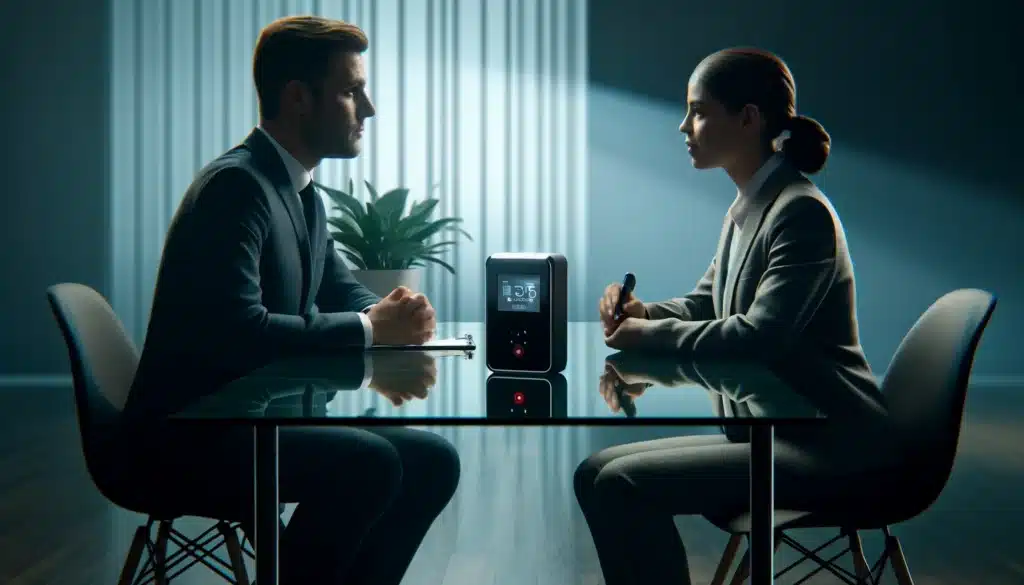
AI lie detectors utilize sophisticated algorithms to analyze various cues, both verbal and nonverbal, to determine if someone is being truthful. These cues can include:
- Facial Micro-expressions: Subtle facial movements that occur in fractions of a second, often revealing emotions that someone might be trying to conceal.
- Voice Analysis: Variations in pitch, tone, and speed of speech can signal stress or deception.
- Eye Movements: Rapid blinking, pupil dilation, or gaze aversion might indicate dishonesty.
- Physiological Signals: Changes in heart rate, perspiration, and even subtle shifts in skin temperature can be detected through advanced sensors.
These AI systems are trained on vast datasets of labeled examples of truthful and deceptive behavior, allowing them to identify patterns and correlations that humans might miss.
Examples of AI Lie Detector Technologies
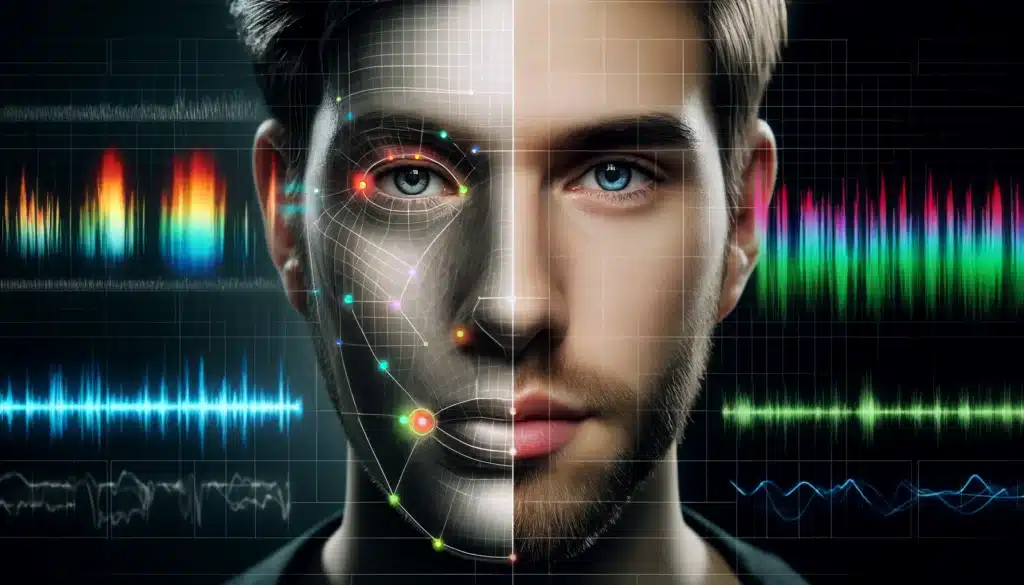
Several companies and research institutions are developing AI lie detector tools, each with its unique approach:
- LiarLiar.ai: This platform uses your webcam to analyze facial expressions and heart rate during video calls to assess your truthfulness.
- Converus EyeDetect: This eye-tracking technology measures pupil dilation and other ocular responses to questions, which can be indicative of deception.
- Nemesysco LVA Technology: This voice analysis software examines vocal patterns and stress levels in speech to identify potential dishonesty.
- Silent Talker (Experimental): This project aims to analyze silent videos to detect micro-expressions and body language cues that may reveal deception.
The Promise and Peril of AI Lie Detection
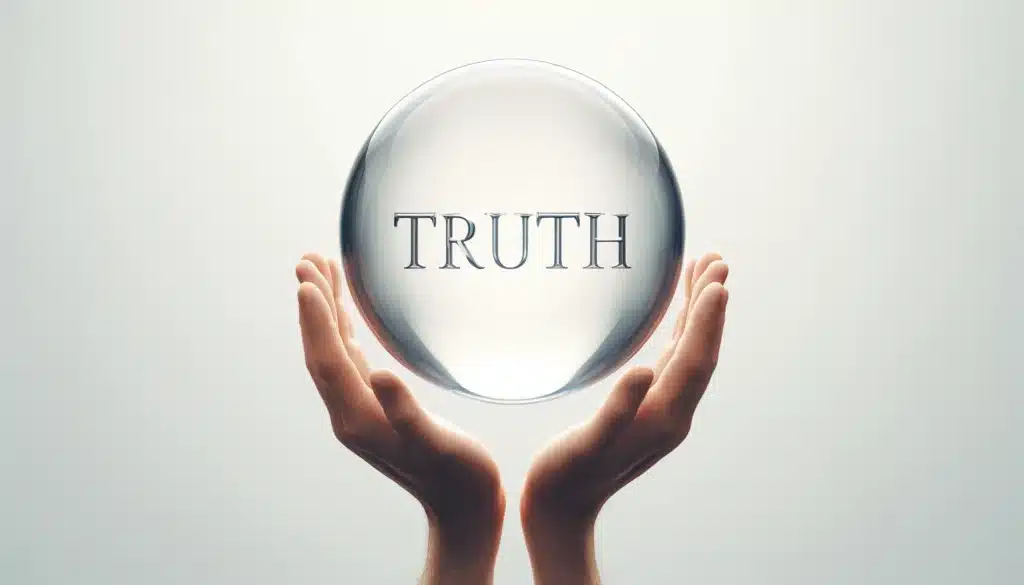
Proponents of AI lie detection envision a future where dishonesty is no longer a viable option. This could lead to:
- Reduced Fraud and Scams: Imagine a world where financial fraud, insurance scams, and identity theft are significantly reduced.
- Increased Accountability in Politics and News: Politicians and public figures could be held accountable for their statements, leading to greater transparency.
- Enhanced Security: AI lie detectors could be used in security screenings to identify potential threats more effectively.
The Dark Side of AI Lie Detection
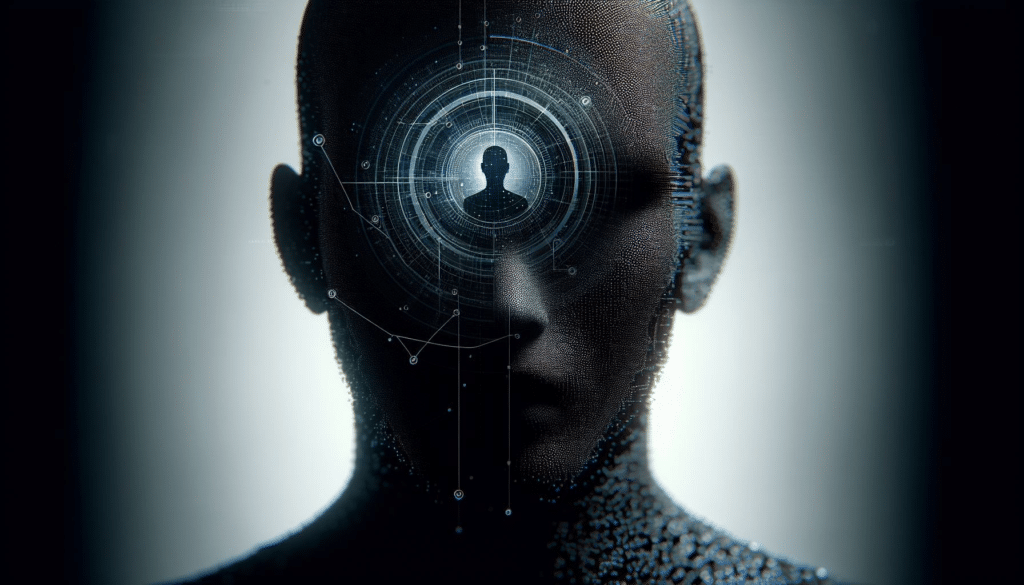
However, the widespread use of AI lie detectors also raises significant concerns:
- Privacy Invasion: The constant surveillance and data collection required for AI lie detection could erode personal privacy.
- Accuracy and Bias: AI algorithms are not foolproof, and biases in training data could lead to inaccurate or discriminatory results.
- False Positives: Innocent individuals could be wrongly accused of lying, leading to unfair consequences and potential harm.
- The “Chilling Effect”: Fear of constant surveillance could lead to self-censorship and stifle free expression.
The Future of Truth in the AI Era
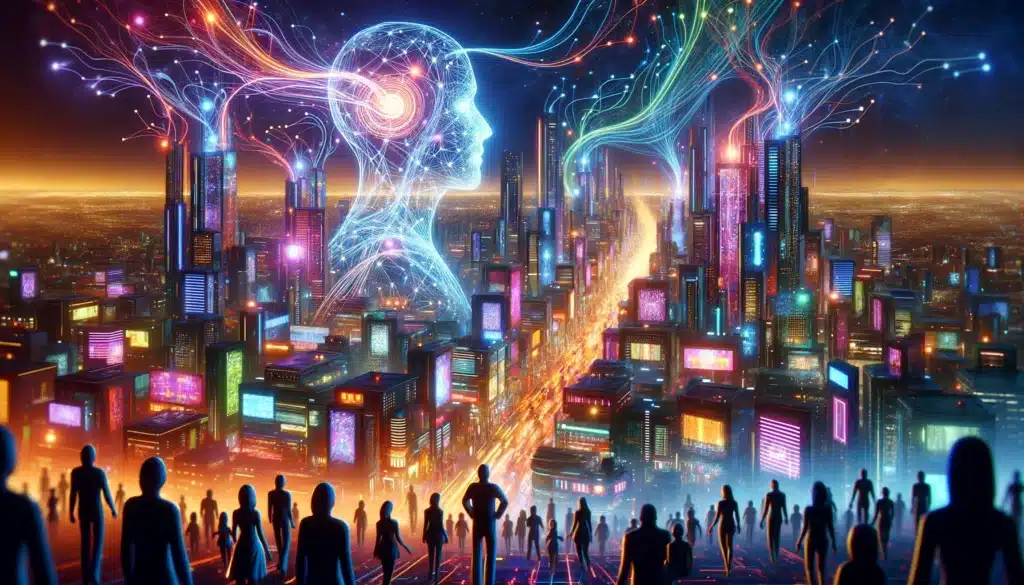
As AI lie detection technology advances, society must grapple with the ethical and practical implications of its use. Will it lead to a more transparent and trustworthy world or a dystopian future where privacy is a luxury of the past?
While the technology holds promise, it’s crucial to proceed with caution. We need to establish clear guidelines and regulations to ensure that AI lie detectors are used ethically and responsibly. Striking a balance between truth-seeking and safeguarding individual freedoms is the key challenge we face as we navigate this uncharted territory.
One thing is certain: the truth about AI lie detectors is far more complex than a simple “yes” or “no.” As we move forward, we must engage in open and honest conversations about the role of AI in our lives and strive to build a future where technology serves humanity, not the other way around.
Please note, that the author may have used some AI technology to create the content on this website. But please remember, this is a general disclaimer: the author can’t take the blame for any mistakes or missing info. All the content is aimed to be helpful and informative, but it’s provided ‘as is’ with no promises of being complete, accurate, or current. For more details and the full scope of this disclaimer, check out the disclaimer page on the website.


